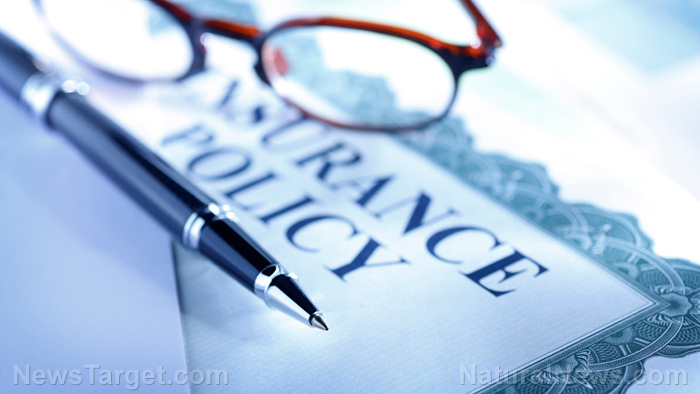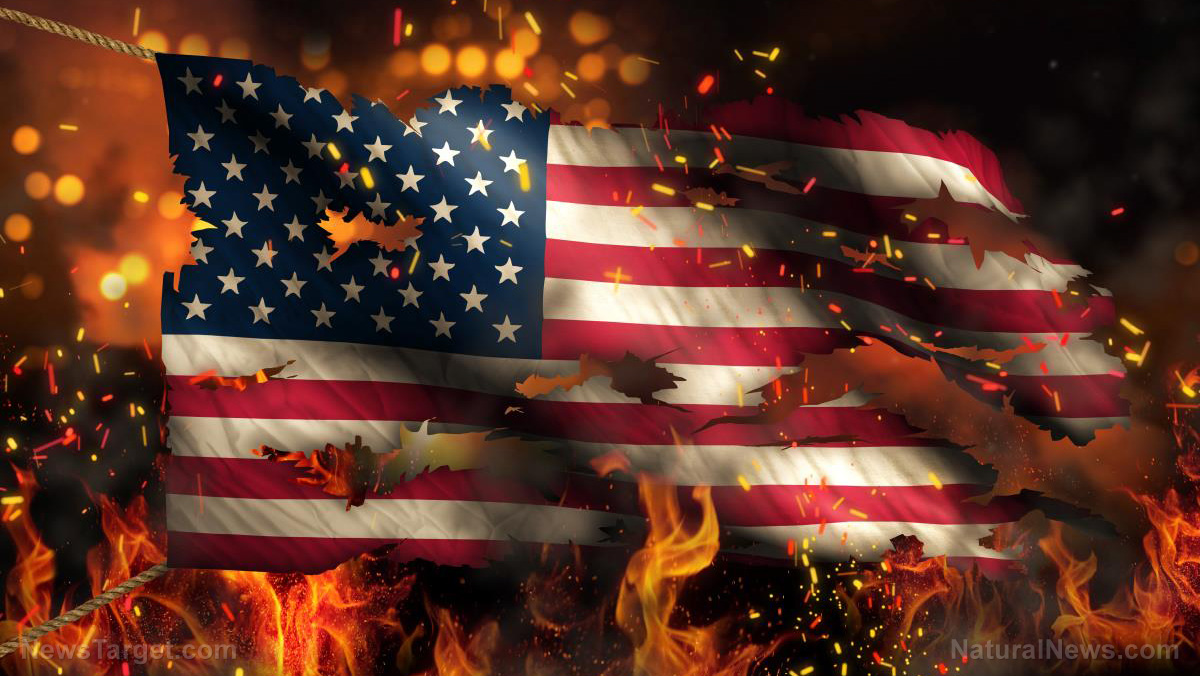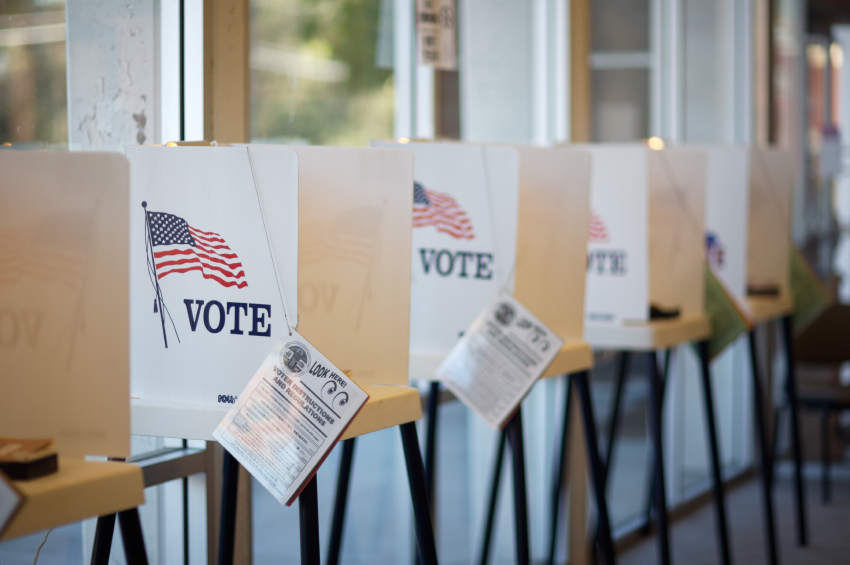Despite Biden claiming otherwise, majority of Americans still view China as the “GREATEST THREAT” to the U.S.
02/05/2024 / By Belle Carter

President Joe Biden’s administration decided after the Asia-Pacific Economic Cooperation (APEC) Summit last November – where the U.S. president met Chinese leader Xi Jinping – that communist China is no longer an adversary.
Strengthening the ties of the two “superpower nations” reportedly dominated the entire conference. Meeting face-to-face for the first time in a year, Biden and Xi discussed issues regarding military and trade relations, signaling a willingness to bring a degree of stability to the rocky U.S.-China bilateral relations. The relationship between the two countries has deteriorated due to tensions, including those in the South China Sea and the Taiwan Strait, disputes about technology competition and the February 2023 Chinese spy balloon incident.
According to analysts, the move to “bridge gaps” was beneficial to both parties, especially since the U.S. elections are just around the corner. For Shorenstein Asia-Pacific Research Center (APARC) fellow Thomas Fingar, China’s “economic difficulties and their implications for social stability and regime legitimacy have made Beijing more eager to improve relations with countries important to its economy than was the case six to 12 months ago.” So, both nations could be trying to present to the rest of the world that they have things under control.
Despite all the regime’s efforts to assure the public that China and America are on good terms, negative views of the communist country are still rampant. In fact, a recent Pew Research Study of American voters concluded Beijing is viewed by the public as the top threat to the United States. In an open-ended question allowing Americans to name which country they see as the greatest threat to the U.S., 50 percent of the respondents named China, which is almost three times the number of those who named Russia (17 percent). Another four percent said no country poses the greatest threat to the U.S. while only two percent named North Korea. The same share described the U.S. itself as the greatest threat.
The survey also measured responses based on partisanship. Republicans and Republican-leaning independents are more likely than Democrats and Democratic-leaning independents to name China as the greatest threat to the United States, which is 63 percent vs. 40 percent. And conservative Republicans are much more likely than moderate and liberal Republicans to say this (74 percent vs. 47 percent). Moreover, among those who named China as the greatest threat facing the U.S., nearly all see the Asian nation as posing at least a fair amount of threat to both America’s economy and its national security. In fact, around three-quarters say China poses a great deal of threat to both. (Related: China is triggering CONFLICTS around the world, alleges Col. John Mills.)
Regarding the question of which country is America’s top ally, around a fifth of Americans (22 percent) cited the United Kingdom. This is nearly four times the number of those who named America’s northern neighbor, Canada (six percent). Fewer shares named Israel (four percent), Germany (three percent), China and Japan (two percent) and the EU, France, Mexico and Russia (one percent).
Think tank: U.S., China will continue interdependence across all aspects of their economies
An analysis of the Washington-based think tank Center for Strategic and International Studies indicated that the Biden administration’s path forward for America is to engage in “de-risking and not decoupling” with China. This is in line with the Biden administration’s belief that China is not a strategic threat anymore to the United States or its allies.
According to the think tank, the two nations will continue to be “embedded in an extensive web of complex interdependence across all aspects of their economies and broader societies.” This interdependence is viewed as a stabilizing factor that raises the costs of conflict for both nations, but it’s a formula for accelerating U.S. decline in the world and inviting CCP aggression.
Critics are bringing up further concerns as to why Biden is being this “friendly” to China. Beijing’s intellectual property theft in technology across numerous areas is a major threat to the United States and the West. Even before the APEC Summit, “Five Eyes” (intelligence leaders from the United States, Canada, the U.K., Australia, and New Zealand) met and warned about this.
Federal Bureau of Investigation (FBI) Director Christopher Wray warned that this kind of theft from U.S. companies ranges “from Fortune 100 companies down to small startups … in the fields of agriculture, biotech, health care, robotics, aviation and academic research.” Wray also noted that there are about 2,000 active investigations into China’s technology theft efforts in the United States and that Chinese entities, private and state-owned, pose national security concerns by acquiring or attempting to “acquire businesses, land and infrastructure” in the United States.
Visit CommunistChina.news to read more about the real ties of America with China.
Watch the video below that talks about the “crucial talks” between Biden and Xi during the APEC Summit.
This video is from the NewsClips channel on Brighteon.com.
More related stories:
Taiwan: China may not be ready to invade by 2027.
U.S. to deploy previously banned missiles against China as a deterrent.
Israel REMOVED from major map platforms in China; Beijing denies doing so.
War between the U.S. and China over Taiwan could cost the global economy a staggering $10 TRILLION.
Sources include:
Submit a correction >>
Tagged Under:
big government, CCP, China, Collapse, conspiracy, Dangerous, deception, economic threat, Five Eyes, honest, intellectual property, IP theft, national security, politics, poll, privacy watch, security threat, spy gate, strategic competitor, surveillance, survey, truth, White House, Xi Jinping
This article may contain statements that reflect the opinion of the author
RECENT NEWS & ARTICLES
COPYRIGHT © 2017 PENSIONS NEWS




















